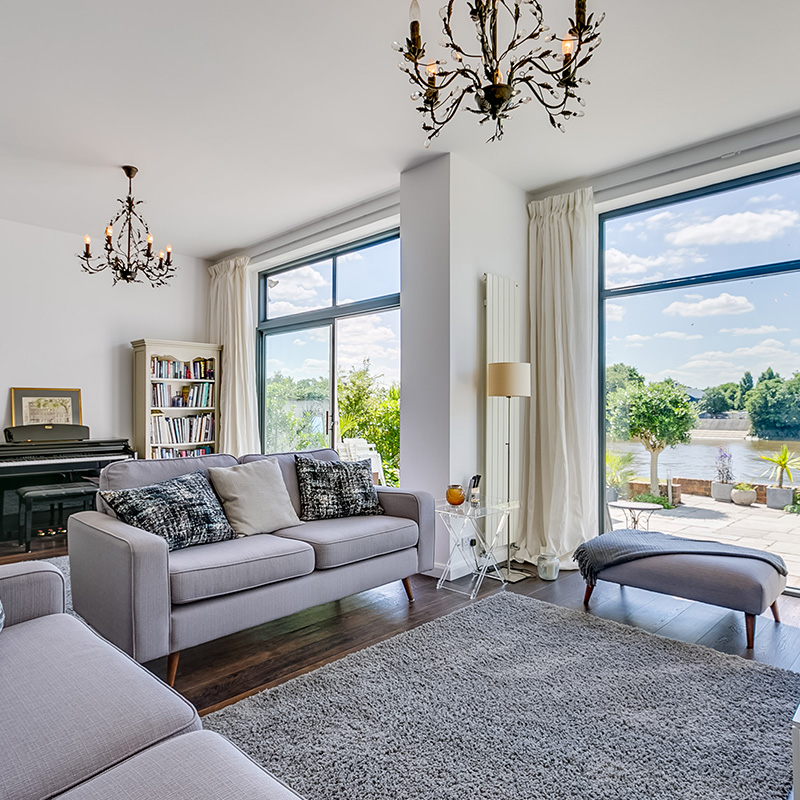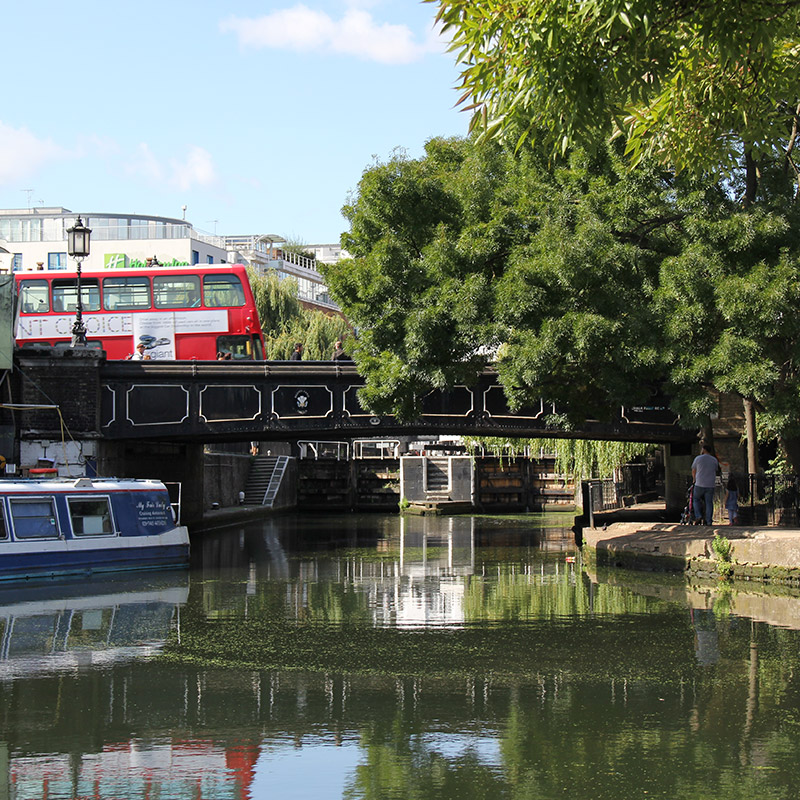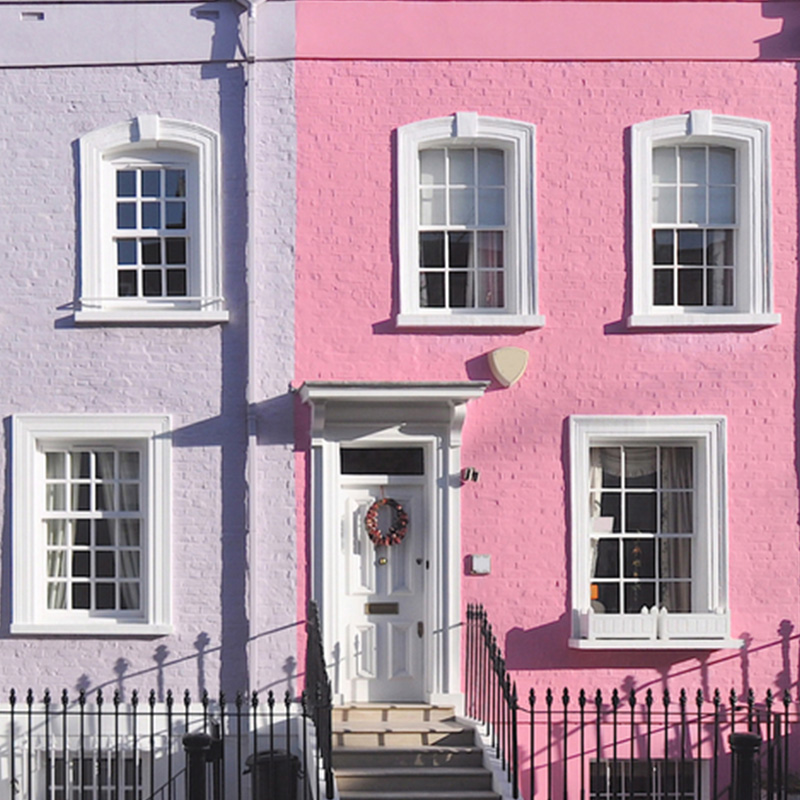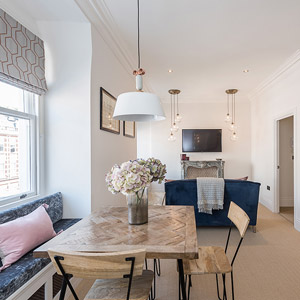
Shared Ownership schemes are available for first-time buyers and previous property owners. To help you understand whether Shared Ownership is the right option for you, we’ve put together the following guide.
How does Shared Ownership work?
For those who are not able to secure a mortgage for 100% of their home’s value, a Shared Ownership scheme gives buyers the opportunity to buy a share of the property (25%-75%) and pay rent to a landlord on the remaining share. This may be especially tempting for those looking to buy in London and start their journey on the property ladder.
Who is eligible for Shared Ownership?
To apply for a Shared Ownership Scheme, you must either:
- Be a first-time buyer over 18 years old
- Be unable to afford a property, but have owned one previously
- Be looking to move and be part of a shared ownership scheme currently
To be eligible for a Shared Ownership home in London, the maximum household earning must be £90,000 or less. It is important to note that some housing associations have their own criteria that applicants must meet, so it’s important to check your eligibility before making a decision.
What type of property can I buy?
Shared Ownership is available on certain newly built properties, or on existing homes through resale programmes from housing associations. The property will be leasehold, and you’ll have to pay 100% of the service charge for building maintenance where applicable.
To find out if a property within a development is available on Shared Ownership, enquire to the housing association or visit the ‘Share to Buy’ website.
What portion of a property can I buy with Shared Ownership?
Shared Ownership allows you to purchase between 25% and 75% of a property and then pay rent on the remaining portion. This rent is initially capped at 3%, but it’s worth noting that this can increase over time, usually in line with inflation (RPI). The owned share can be funded by either a mortgage or savings.
Do I need a deposit?
Yes, a deposit is needed. The amount varies from scheme to scheme but is usually between 5-10% of the purchased share, rather than on the value of the entire property.
Which mortgage do I need?
Applying for a Shared Ownership mortgage is similar to applying for a normal one. The government’s ‘Share to Buy’ website offers a helpful mortgage calculator and also details of the lenders that offer them.
Can I increase my ownership of the property?
Put simply, yes. Affordability permitting, a bigger share of the property can be bought at any time after the first year. Eventually, it’s possible to own 100% of the property, at which point no rent is paid, just mortgage repayments. Known as ‘staircasing’, a minimum share of 10% can be purchased at a time. The amount is calculated according to the property’s current value, not the original price. Most associations allow up to three increased share purchases and doing so will incur costs, such as solicitor’s fees.
Are there any restrictions on a Shared Ownership property?
As with any government scheme, there are pros and cons to shared ownership. Since the property is leasehold, the lease will outline any restrictions, such as keeping pets, maintenance and procedures for making major alterations. When purchasing, your solicitor should study the lease and explain in detail any responsibilities.
Often Shared Ownership properties make up only a portion of a new-build block of apartments. If communal facilities are available to full-ownership buyers, enquire about whether use is permitted for part-owners. Some associations have strict rules on who can use them.
How do I sell my Shared Ownership property?
The housing association has the right to buy a ‘for sale’ Shared Ownership property if it’s still only part-owned. They’re also permitted to find a buyer themselves.
If you only own a percentage of shares you can sell your home, but only through your housing association. If you own 100%, your housing association has an allocated amount of time to find a buyer, after which you’re free to instruct an estate agent of your choice to sell your property.
For more information on government schemes, read our article on Lifetime ISAs .

 {{ inputPropertyFilter.propertyFilters.length == 0 ? 'More Filters' : inputPropertyFilter.propertyFilters.join(', ') }}
{{ inputPropertyFilter.propertyFilters.length == 0 ? 'More Filters' : inputPropertyFilter.propertyFilters.join(', ') }}

 Price
Price
 Number of beds
Number of beds
 Property Type
Property Type
 Additional filters
Additional filters
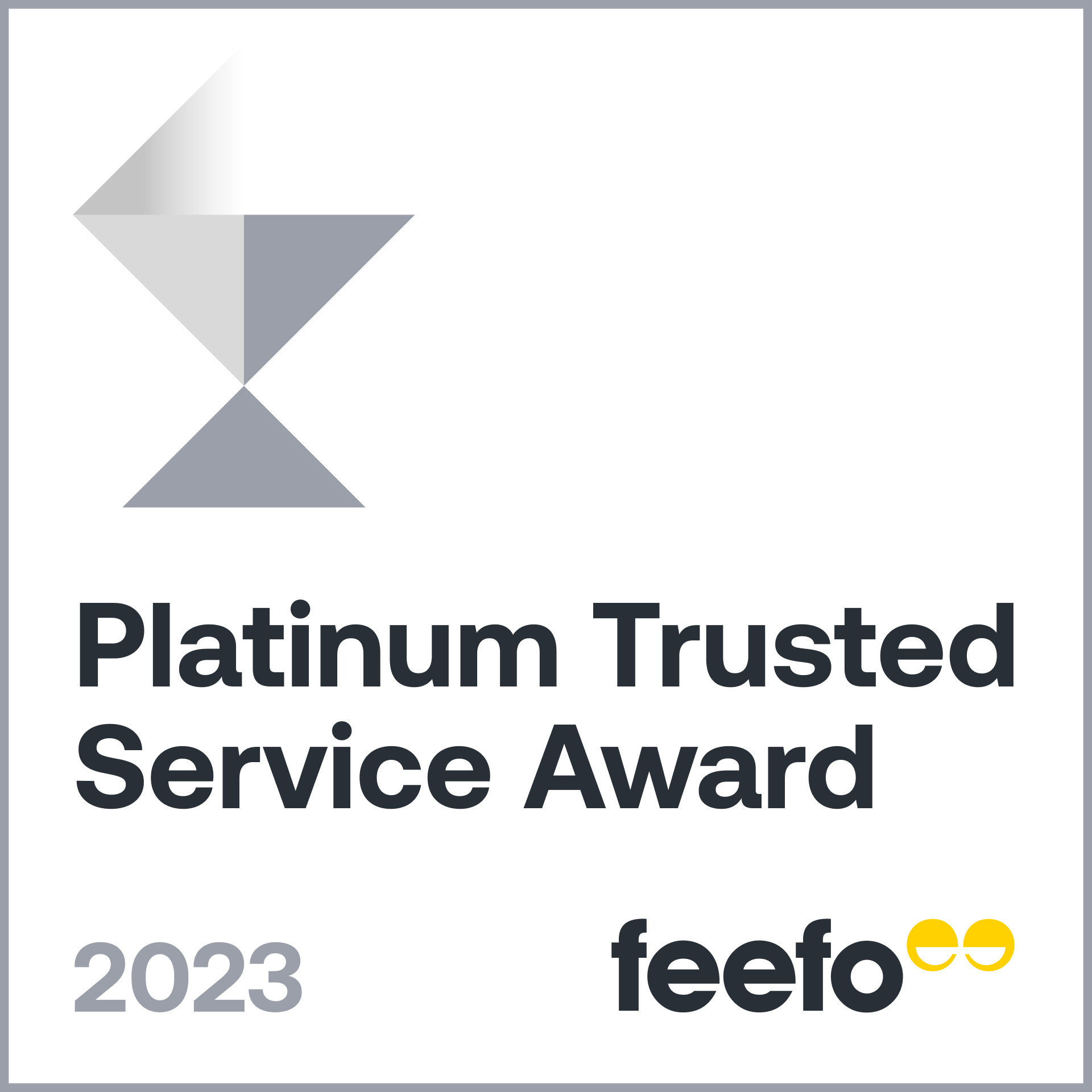 Based on reviews
Based on reviews

